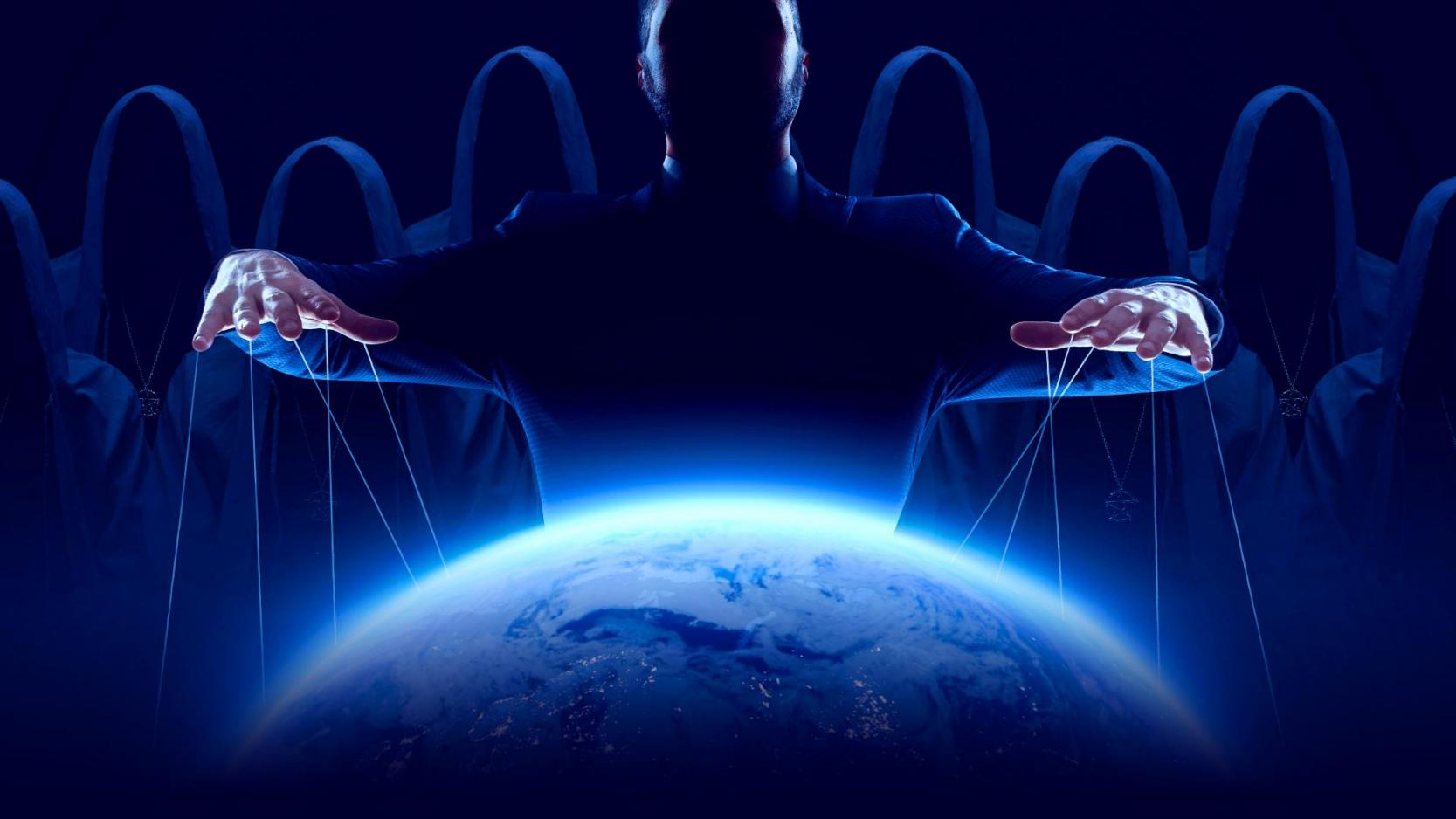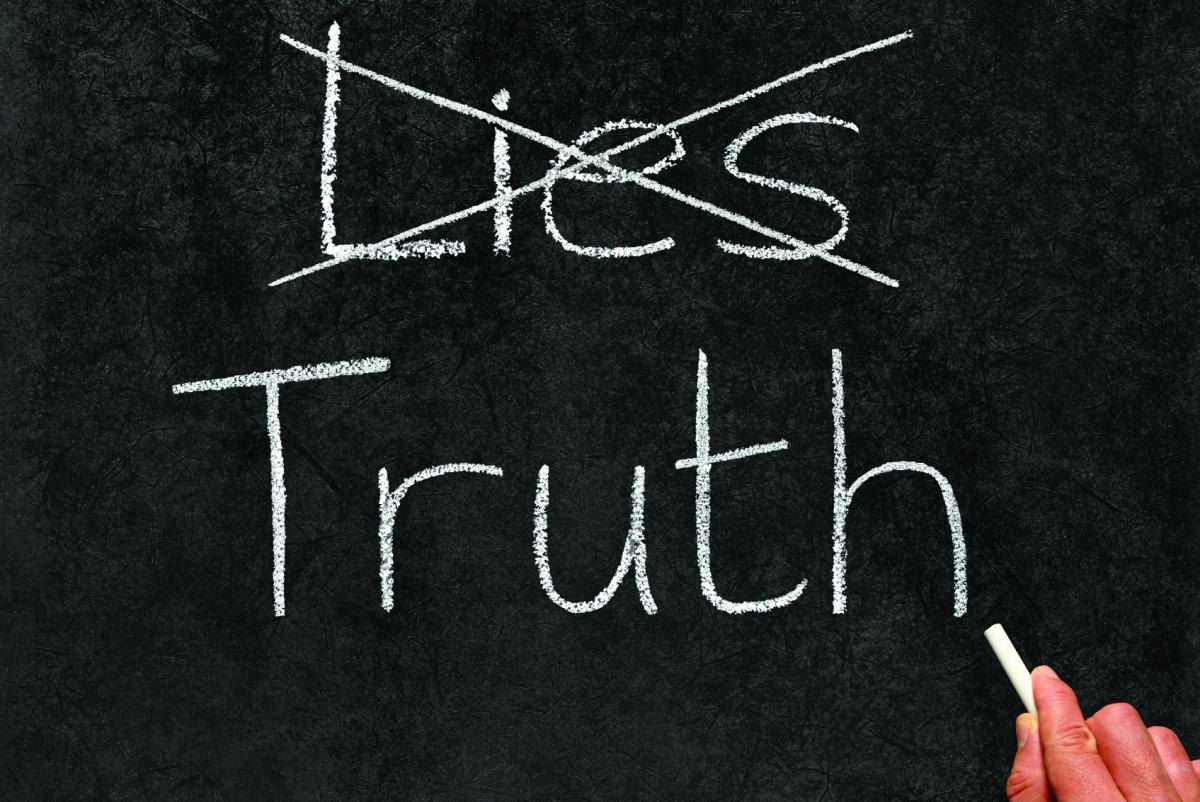In the realm of human interactions, the concept of "the truth lies" has become increasingly relevant as we navigate a world filled with misinformation and half-truths. The phrase itself encapsulates the complexity of truth and deception, challenging us to question what we perceive as reality. As technology advances and information becomes more accessible, understanding the nuances of truth and lies has never been more crucial.
This article delves into the intricate relationship between truth and deception, examining how they coexist in our daily lives. From personal relationships to global politics, the balance between honesty and fabrication plays a pivotal role in shaping our perceptions and decisions.
By exploring the psychological, societal, and philosophical aspects of "the truth lies," we aim to provide readers with a comprehensive understanding of this phenomenon. Through expert insights, statistical data, and credible sources, this article will guide you through the complexities of truth and deception, empowering you to discern fact from fiction.
Read also:Breckie Hill Onlyfans A Comprehensive Guide To Her Rise And Influence
Table of Contents:
- The Concept of Truth and Lies
- Psychological Aspects of Deception
- Societal Impact of Lies
- The Truth in Media
- Philosophical Perspective on Truth
- Truth in Relationships
- Truth in Politics
- Truth in Technology
- Truth in Religion
- Conclusion
The Concept of Truth and Lies
At its core, the concept of "the truth lies" refers to the paradoxical coexistence of truth and deception. This duality is not limited to personal interactions but permeates various aspects of society. Understanding this dynamic requires an examination of the historical, cultural, and psychological factors that contribute to the prevalence of lies.
Key Factors Influencing Truth and Lies:
- Historical Context: Throughout history, societies have grappled with the balance between truth and deception, often using lies as tools for survival or power.
- Cultural Norms: Different cultures have varying perceptions of truth, with some valuing honesty above all, while others prioritize social harmony over brutal honesty.
- Psychological Drivers: The human psyche is complex, and factors such as fear, ambition, and self-preservation often drive individuals to deceive.
Defining Truth and Lies
Truth, in its simplest form, represents facts and reality. Lies, on the other hand, involve deliberate misrepresentation or concealment of the truth. The interplay between these two concepts creates a spectrum of gray areas, making it challenging to discern fact from fiction.
Psychological Aspects of Deception
From a psychological perspective, deception is a multifaceted phenomenon influenced by various factors. Researchers have identified several reasons why individuals resort to lying, including:
- Self-Protection: People often lie to protect themselves from harm or embarrassment.
- Manipulation: Lies can be used to manipulate others into behaving in a certain way.
- Desire for Approval: The need for social acceptance can drive individuals to fabricate stories or exaggerate the truth.
A study published in the Journal of Personality and Social Psychology found that people lie, on average, once or twice per day. This statistic underscores the prevalence of deception in everyday life.
Read also:Trippie Bri Nude A Comprehensive Look At The Controversy Facts And Insights
Types of Lies
Lies can be categorized into different types, each serving a specific purpose:
- White Lies: Harmless deceptions meant to protect someone's feelings.
- Deceitful Lies: Intentional falsehoods designed to mislead or manipulate.
- Self-Deception: Lies we tell ourselves to avoid uncomfortable truths.
Societal Impact of Lies
The impact of lies extends beyond individual interactions, affecting entire societies. In a world where misinformation spreads rapidly, the societal consequences of deception can be profound. From political scandals to corporate fraud, lies have the power to erode trust and destabilize institutions.
Trust and Lies
Trust is the foundation of any society, and when lies undermine this trust, the repercussions can be far-reaching. A report by the Pew Research Center revealed that public trust in institutions, such as the government and media, has declined significantly over the past few decades.
The Truth in Media
In the age of digital media, the line between truth and lies has become increasingly blurred. With the rise of social media platforms and the proliferation of fake news, distinguishing credible information from misinformation has become a daunting task.
Media Literacy
Media literacy plays a crucial role in combating the spread of lies. By educating individuals on how to critically evaluate information, we can empower them to navigate the complex media landscape. Organizations such as the International Fact-Checking Network provide resources and guidelines for identifying credible sources.
Philosophical Perspective on Truth
From a philosophical standpoint, the concept of truth has been debated for centuries. Philosophers such as Plato and Aristotle have explored the nature of truth, questioning whether it is absolute or relative. The debate continues today, with contemporary thinkers challenging traditional notions of truth.
Post-Truth Era
The term "post-truth" gained prominence in recent years, describing a situation where emotions and personal beliefs influence public opinion more than objective facts. This phenomenon highlights the challenges of maintaining truth in a world dominated by subjective interpretations.
Truth in Relationships
In personal relationships, truth and lies can have a profound impact on trust and intimacy. While honesty is often hailed as the cornerstone of healthy relationships, the reality is more complex. Sometimes, lies are used to protect feelings or maintain harmony.
Building Trust
Building trust requires a balance between honesty and tact. Effective communication involves not only sharing the truth but also understanding the context and emotions involved. By fostering open and respectful dialogue, individuals can strengthen their relationships and navigate the complexities of truth and lies.
Truth in Politics
Politics is a realm where truth and lies often intersect. Political leaders are frequently accused of manipulating facts to serve their agendas, leading to widespread skepticism among the public. The challenge lies in holding politicians accountable for their statements while encouraging transparency and honesty.
Fact-Checking in Politics
Fact-checking organizations play a vital role in ensuring political accountability. By verifying the accuracy of statements made by politicians, these organizations help to combat misinformation and promote truth in politics. Websites such as PolitiFact and FactCheck.org provide valuable resources for evaluating political claims.
Truth in Technology
Technology has revolutionized the way we access and share information, but it has also introduced new challenges in terms of truth and lies. From deepfake videos to AI-generated content, the digital landscape presents unique opportunities for deception.
AI and Deception
Artificial intelligence has the potential to both enhance and undermine truth. While AI tools can be used to detect misinformation, they can also be exploited to create convincing fake content. As technology continues to evolve, it is essential to develop ethical guidelines and safeguards to ensure the integrity of digital information.
Truth in Religion
Religion has long been a source of truth for many individuals, providing moral and spiritual guidance. However, the interpretation of religious texts and teachings can vary widely, leading to differing perspectives on what constitutes truth.
Interfaith Dialogue
Interfaith dialogue offers a platform for exploring the concept of truth across different religious traditions. By fostering understanding and respect, individuals can gain a deeper appreciation for the diverse interpretations of truth that exist within the global community.
Conclusion
In conclusion, the concept of "the truth lies" highlights the intricate relationship between truth and deception in our lives. By examining the psychological, societal, and philosophical aspects of this phenomenon, we gain a deeper understanding of its complexities. Through education, critical thinking, and ethical guidelines, we can strive to promote truth and combat misinformation.
We invite you to share your thoughts and experiences in the comments section below. Your feedback helps us improve and expand our content. Additionally, feel free to explore other articles on our site for more insights into the world of truth and lies.


